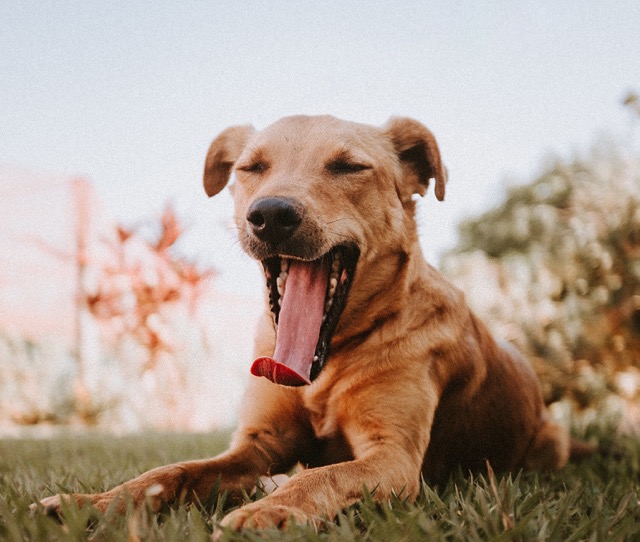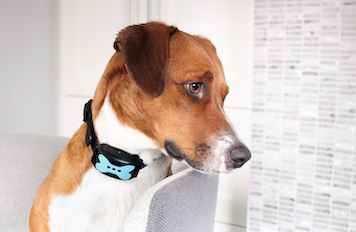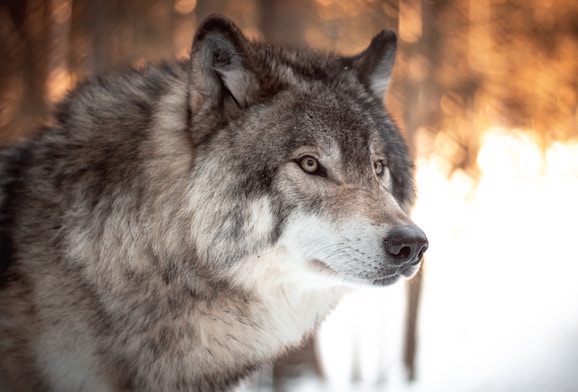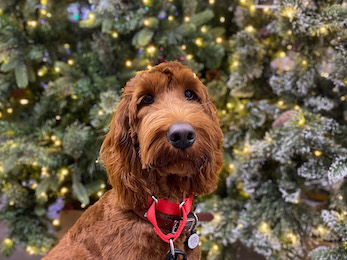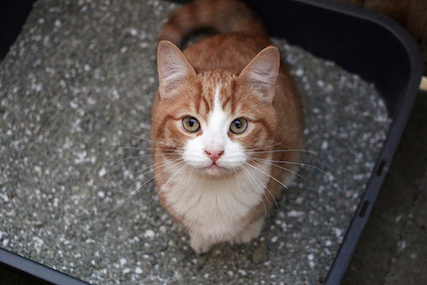If you are like me, you want your dog to be happy and carefree. For dogs to be fully happy, it takes having family members that truly understand them and how they communicate. In this blog, I’ll cover one of the more commonly missed communication signals: yawning.
Most of us think of yawning as something we do when we are tired or starting to feel drowsy. The same could be said for dogs. They yawn after a full day of activity and as they nestle in for a nap or the night’s sleep. You might observe your dog letting out a few yawns and then dozing off shortly thereafter.
While dogs yawn when tired, there is much more to yawning than meets the eye for dogs. In the past forty-plus years of human medical research, we have learned that yawning serves other physiological and social benefits. Many other dog experts would argue that yawning serves similar, if not the same, benefits for dogs. Beyond being tired, I consider four reasons dogs yawn:
- Yawning as a Sign of Stress
- Yawning as a Way to Comfort or Diffuse a Stressful Situation
- Yawning When Overexcited
- Contagious Yawning
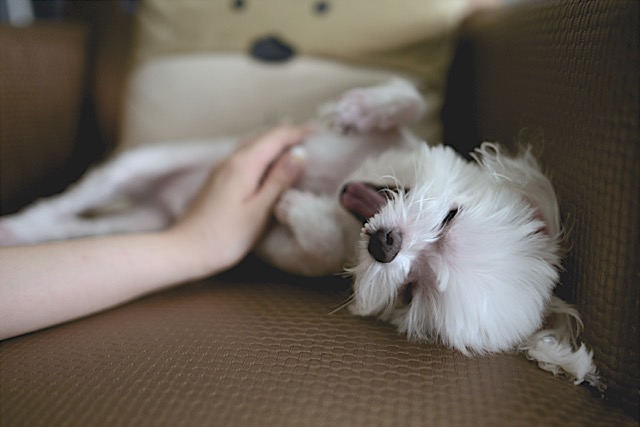
Yawning as a Sign of Stress
One of the more common types of yawns is yawning in response to stress. When your dog is stressed, the yawning serves to calm your dog down by increasing blood oxygen levels and likely cooling off the brain. Maybe your dog hates car rides, and riding in the car is a necessary evil at the moment. Perhaps your dog begins yawning as they get their nails trimmed, groomed, or goes for a veterinary visit. Do they hear a thunderstorm brewing or fireworks in the background? These are all everyday situations that bring on a yawn and serve as a sign of stress in your dog. In these cases, yawning is paired with other stress signals, including panting or erratic eye movements.
Yawning to Comfort or Diffuse a Stressful Situation
Dogs not only yawn to calm themselves but also to help calm others. When faced with a tense situation, dogs yawn to defer tension from rising. The yawn helps diffuse tension or ease some of the stress a loved one is facing. This is not surprising, given that yawning has been coined a “calming signal” in dogs by some top leaders in dog behavior. Yawning to help comfort others during a stressful situation is not surprising given we know dogs show sympathy and are a great comfort to us. Is there an argument between you and another loved one? Your dog might walk between you and the person and yawn to diffuse the disagreement. Maybe you or another loved one is distressed. Did your dog approach the person and offer some close contact with a yawn? These are all situations where dogs yawn to comfort or diffuse a stressful situation.

Yawning When Overexcited
Dogs, often puppies, yawn when they are overexcited. It is as if their little bodies are oozing so much excitement that they cannot contain it. The excitement comes pouring out in the form of a yawn. In these situations, your puppy might be greeting a guest or meeting up to play with another dog. The key to identifying this type of yawn is to look at other correlated body postures. Yawning when overexcited involves very wiggly behavior. Your pup will likely engage in other attention-seeking behaviors like jumping or mouthing.
Contagious Yawning
Finally, dogs yawn contagiously. Yes, just like some other mammals, dogs yawn when they see others yawn! After seeing another dog or person yawn, dogs sometimes contagiously yawn. This “fake” yawn is thought to be involuntary and likely has some evolutionary benefit for dogs.
Decoding your dog’s yawn does not require years of studying dog behavior. Mostly, it simply takes an observant owner. Look at the context, environment, and other messages your dog sends to help understand what their yawn reveals. You will quickly be on your way to clear communication with your 4-legged best friend!
